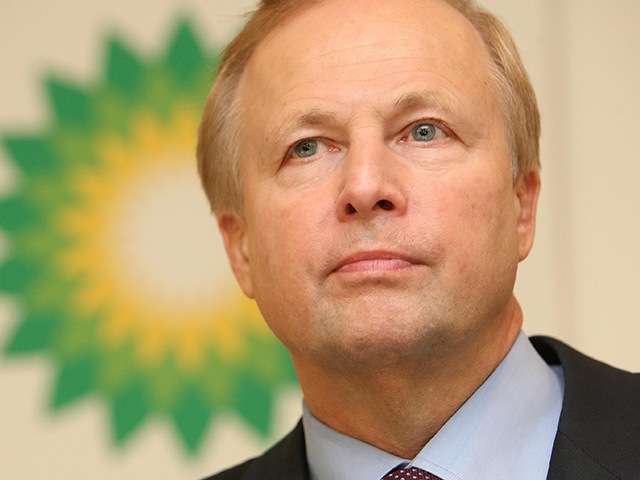
Oil major BP has outline six main trends which could “shape the future” of energy.
The company said energy transitions this year will look at a “dominant fuel” with gas growing faster than any other fossil fuel.
It will see a sharp change in price coupled with such agreements like the 2015 Paris agreement which aims to keep the global temperature rise by below two degrees.
Meanwhile, the firm said there is much more of a focus around peak oil from a demand side which will gradually start to decline.
Broad consensus has suggested “peak oil” the peak oil window will be between the years of 2025 and 2040.
However the report added there was still “considerable uncertainty” surrounding this.
BP’s head of long-term planning, Dominic Emery, said the company was also preparing for a world where power comes increasingly from renewable sources.
Both wind and solar power have been growing faster than fossil fuels from a low cost base and government subsidies in many regions.
The report adds: “The growth of renewables has exceeded pretty much all forecasts. There has been double-digit growth for wind and solar in the past few years and because the manufacturing
costs have come down as well, cost reductions have been about 80% in solar and about 50% in wind.
“However, what that ignores is the cost of intermittency because, of course, the sun does not shine all the time and the wind does not blow all the time.
“Therefore, in many places the existing grid and the existing fossil system are used to back up supply when energy from renewables is not available.”
BP said the transport sector is also expected to change significantly with electric vehicles, driverless vehicles and new types of business.
The final analysis from the company said the change energy landscape will also be influenced by the differing demand needs.
It said the energy needs of those born post-1980 are likely to change both consumption and work patterns.
In the OECD (Organisation for Economic Cooperation and Development) countries, there is no energy growth expected due to efficiency gains.
Recommended for you
